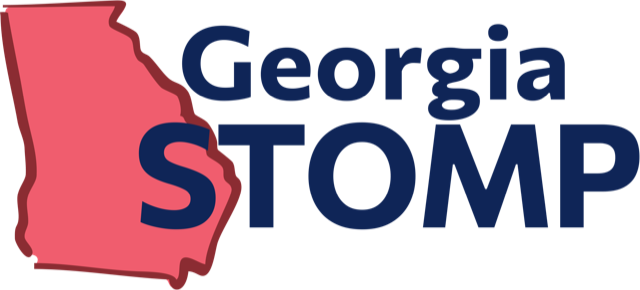Teens are the leading voice to end ‘period poverty’
Laura Berrios
Chamblee High School senior Deeksha Khanna has spent the past year trying to understand period poverty and ease the injustices of it in her community.
She has learned that one in five women and girls do not have access to menstrual products, a basic necessity.
The 17-year-old has assembled personalized menstrual hygiene kits – with medications, pads, tampons, wipes, and sanitizers – and delivered them to homeless shelters, community centers and schools.
Period poverty describes the inequities of low-income women and girls who struggle to obtain menstrual products, and the stigmas attached to menstruation.
Deeksha, passionate about service and social justice, founded The Elea Project to end period poverty and ensure women’s menstrual health by partnering with other groups on this issue.
She has worked with 25 organizations in Georgia and other states in the past year. Through her GoFundMe account, she has collected $2,000 in donations and given out almost 13,000 products.
“Millions of women around the world have to miss school, have to miss jobs, have to take sick days because of something so fundamental to their existence,” said Deeksha. “As a student, I value my education. I felt a connection to those women and decided this is a perfect area for me (to serve).”
Teens like Deeksha are leading the way to humanize and break taboos around menstruation.
Their voice in period poverty is vital, said Claire Cox, chair of Georgia STOMP, a statewide coalition advocating for menstrual equity and elimination of period poverty in Georgia.
“It’s really a movement among young people these days,” Cox said. “They are asking for needs many of us never thought to voice. They’re speaking up and busting stigmas that are barriers to these conversations.
“They’re starting movements at their schools, and when they go to colleges and universities, they continue the movements. And I think five years from now, the workplace, and the restrooms in workplaces, will be different places.”
STOMP stands for Stop Taxing Menstrual Products, and it’s the group’s main message to state legislators. Every year since 2018, a bill to eliminate the state sales tax on period products has been before the Georgia legislature. Twenty-four states do not tax period products, and five other states don’t levy any sales tax.
Cox also works to destigmatize the topic by changing dated terms like “hygiene products” and advises schools that receive state funding for menstrual supplies. Georgia was the first state to fund period products for grades 5-12, she said.
In Gwinnett County, 17-year-old Rhea Sethi said she didn’t know “period poverty” was an actual term until she got involved last year with her school’s chapter of Period. – a global, youth-fueled organization that strives to eradicate period poverty and stigma through service, education, and advocacy.
This year, she’s leading the chapter, organizing donation drives to supply menstrual products at elementary schools, and ensuring her peers at North Gwinnett High know where they can get free period products on campus.
“After I got into the menstrual movement, it was such an inspiring thing,” said Rhea, a senior. “I immediately wanted to be part of it and see what impact I could have in advocacy and service.”
Members of North Gwinnett High Period. chapter – both girls and guys – twice went to the state Capitol during the last legislative session and spoke with lawmakers about the hardships of the sales tax.
“Having a tax on tampons and period products is inequity,” Rhea said. “Why do we have to have a tax on it? Seems like a punishment because you have to buy products like these.”
She said even a slight price increase causes women to use cheaper products, which may harm them.
According to Groundswell, the average woman spends about $120 per year on pads and tampons and an additional $20 each year on over-the-counter medication to combat cramps and other period-related side effects.
The North Gwinnett chapter tries to humanize the subject by keeping meetings informative and fun. Having male members serve in leadership roles helps to break down stereotypes and misunderstandings.
The Elea Project also focuses on education, and Deeksha has gathered some of the movement’s leading voices in the state for panel discussions that she posts on social media.
Deeksha said forming partnerships with like-minded groups has made her efforts more efficient and effective. For example, she partnered with the University of Georgia Period Project to assemble over 4,000 kits of menstrual supplies and helped to distribute them in Athens and metro Atlanta.
She said her most meaningful moment in this journey so far was partnering with the Global Village Project, a school for refugee girls in Decatur, and providing them with period products.
When learning that some girls could not speak about menstrual needs within their families or communities and would have to conceal their products to go home, Deeksha placed the items in paper bags so they could be discreet.
“A big part of Elea is to eradicate that stigma that exists around period poverty,” she said, “because it’s such a fundamental underpinning of being a woman.”
HOW TO HELP
The Elea Project: theeleaproject.org
Instagram: @theeleaproject
GoFundMe: gofund.me/e0aae3b3
All donations go to purchase period products that are distributed to community centers, shelters and schools.
Georgia STOMP: www.georgiastomp.org
